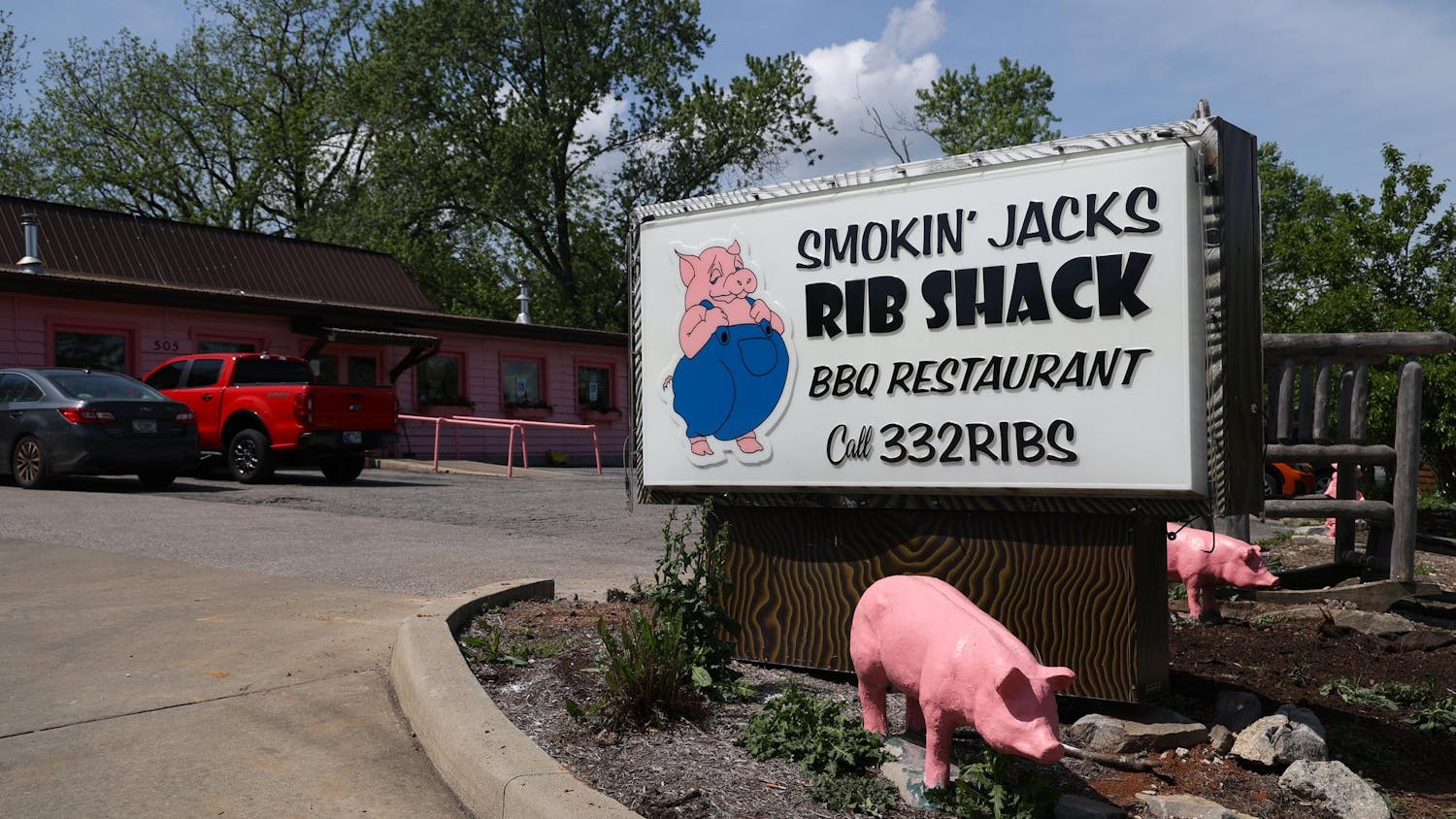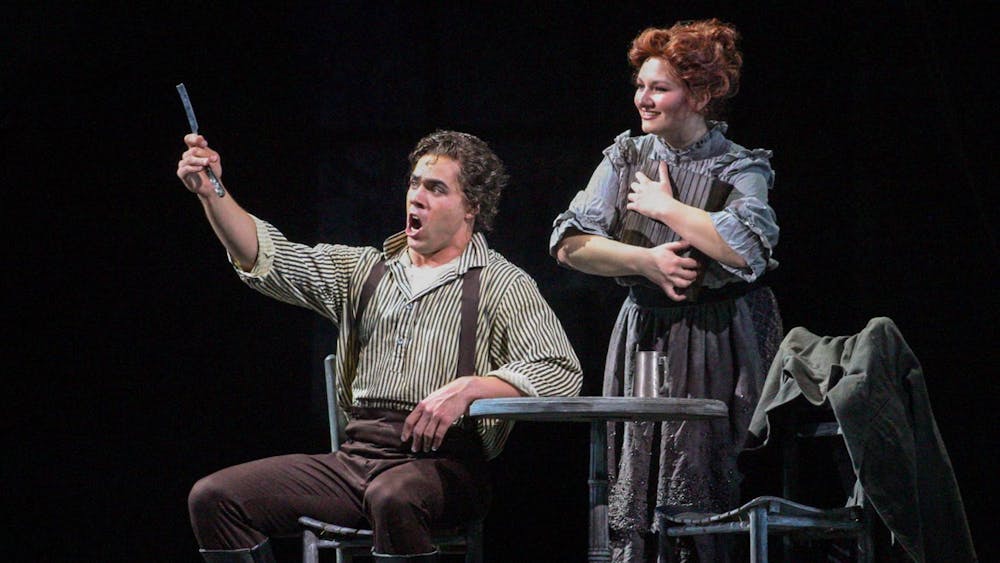LOS ANGELES -- Hollywood's blacklist ended 40 years ago, but its notoriety simply will not die.\nThat dark era of movie history has been treated in films such as "The Way We Were" (1973), with Barbra Streisand and Robert Redford, and "The Front" (1976), with Woody Allen and Zero Mostel. Plays, television dramas and documentaries also have dealt with the blacklist, and it has produced shelves of memoirs, novels and histories.\nNow the U.S. PBS public television service is offering the two-hour "American Masters" documentary "Arthur Miller, Elia Kazan and the Blacklist: None Without Sin," airing Wednesday in the United States.\nBy coincidence, the following night marks the opening on a New York stage of "Trumbo," with Nathan Lane reading from the letters of Oscar-winning screenwriter Dalton Trumbo, a principal figure in the beginnings of the blacklist.\nDocumentarian Michael Epstein said his film stemmed from the awarding of an honorary Oscar in 1999 to Kazan. It caused an uproar of protests because he had named names of his fellow Communist Party members before the House Un-American Activities Committee in 1952. Kazan won Academy Awards for directing "Gentleman's Agreement" and "On the Waterfront."\n"One of the unexpected voices that was supportive of the honorary Oscar was Arthur Miller," Epstein commented. He pointed out that Kazan and Miller had been considered "soul mates," Kazan having directed the Miller plays "All My Sons" and "Death of a Salesman."\nMiller had not been a communist, but he refused to tell congressional red hunters the names of those who were. Kazan's testimony ended their friendship.\n"I thought that Kazan was unfairly being asked to carry all of the sins of his generation," Epstein said of the 1999 protests. "There was no mention of members of the committee or of the moguls who ran the studios."\n"Arthur Miller, Elia Kazan and the Blacklist" traces the relationship of the two men as well as the bitter history of the blacklist and its victims. Among the victims appearing in the film: screenwriter Walter Bernstein and actors Kim Hunter, Madeleine Sherwood and Lee Grant. Epstein also relies heavily on biographers and historians who have no firsthand knowledge of the events.\nKazan and Miller are shown in their appearances before the committees but were not interviewed for the documentary.\n"I met with Kazan," said Epstein, "but he wasn't in good enough health to do an interview. It seemed unfair to have an interview with Miller but not one with Kazan.\n"But Miller was very open to the film and allowed us to excerpt 'The Crucible.'" That was Miller's 1953 play about the Salem, Massachusetts, witch trials, which he compared to the committee hearings.\nFifty years later, Grant can jest about her blacklisting.\n"I was a fool for love," she said, laughing, in a phone interview from New York.\nShe made the list because her husband, playwright Arnold Manoff, had been blacklisted and she refused to testify against him. Although she had received a supporting actress Oscar nomination for "Detective Story," the studios wouldn't hire her for 12 years.\n"Was it tough?" said Grant, 71. "There's one thing about being a kid: everything is new, everything is kind of thrilling. I was learning. I had not read in all those years Marx or Hegel; I didn't know what a communist was. But I learned to fight, I learned what the blacklist was, I learned what unfairness was."\nShe finally returned with a role in the TV series "Peyton Place." She found her niche as a character actress and won a supporting Oscar for 1975's "Shampoo."\nTrumbo's son, Chris, who compiled the play "Trumbo," was 7 when his father refused to answer congressmen's questions about his communist past and was sentenced to a year in prison for contempt of Congress, as were other members of the so-called Hollywood 10.\nThe son's boyhood memories include visiting his father at the federal prison in Ashland, Kentucky, spending two years in Mexico City while his father "bootlegged" scripts to Hollywood studios using an alias, living on a California ranch where the livestock supplied the family's food, then moving to a middle-class Los Angeles suburb.\n"I never thought my father had done anything wrong," says Trumbo, 62.\nThe blacklist, which had ruined dozens of lives, ended in 1960 when Dalton Trumbo was hired by Kirk Douglas to write "Spartacus" and by Otto Preminger for "Exodus." Both insisted Trumbo's name appear on the screen.\nTwo of Trumbo's scripts had won Academy Awards, although he was not credited. Shortly before his death in 1976, he was presented the Oscar for "The Brave One," made 20 years earlier. In 1993 his widow accepted the award for 1953's "Roman Holiday"
Documentary divulges all on infamous blacklist
Get stories like this in your inbox
Subscribe





